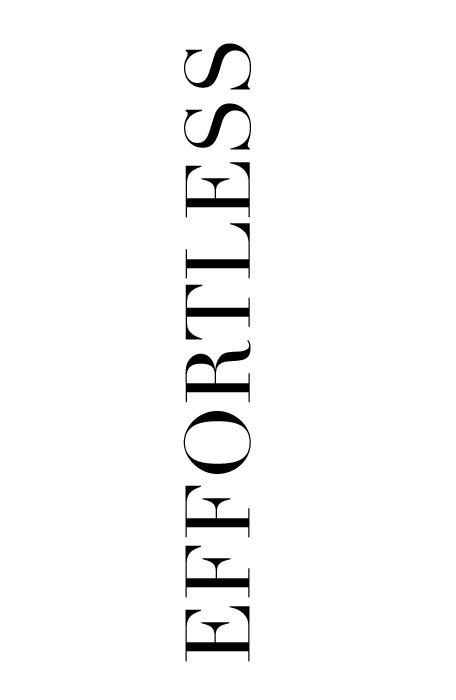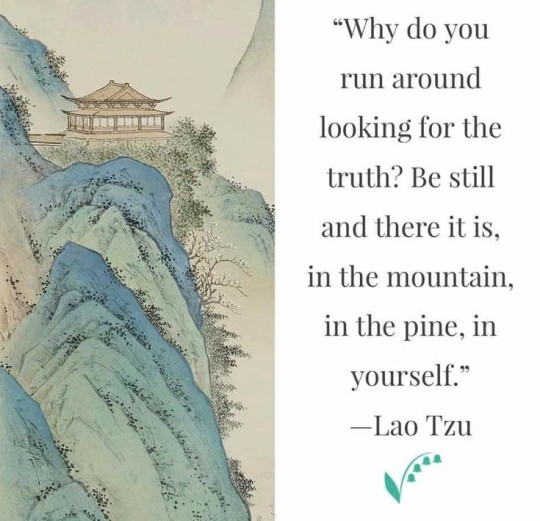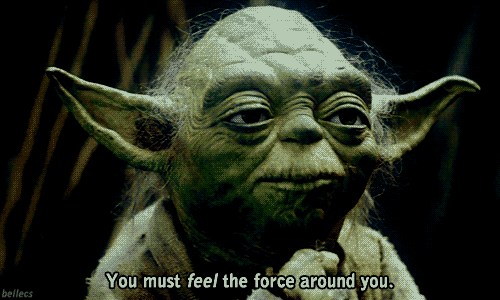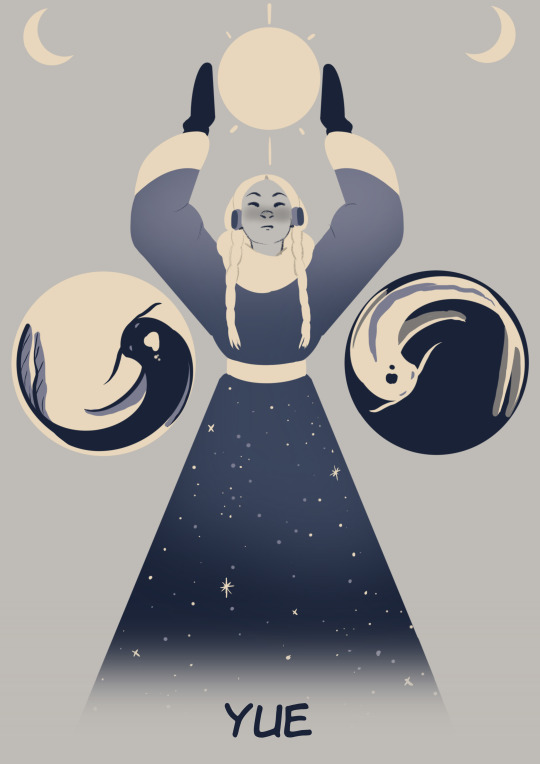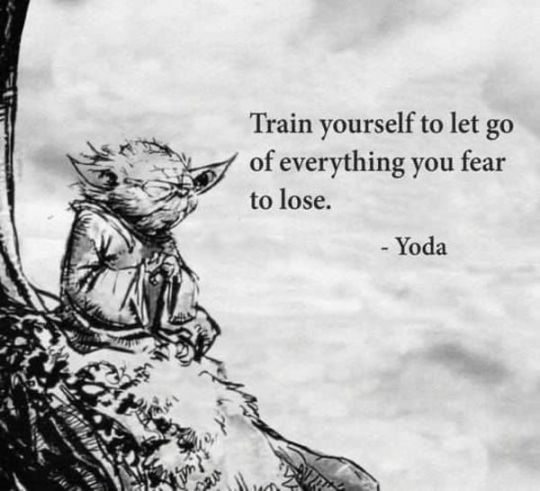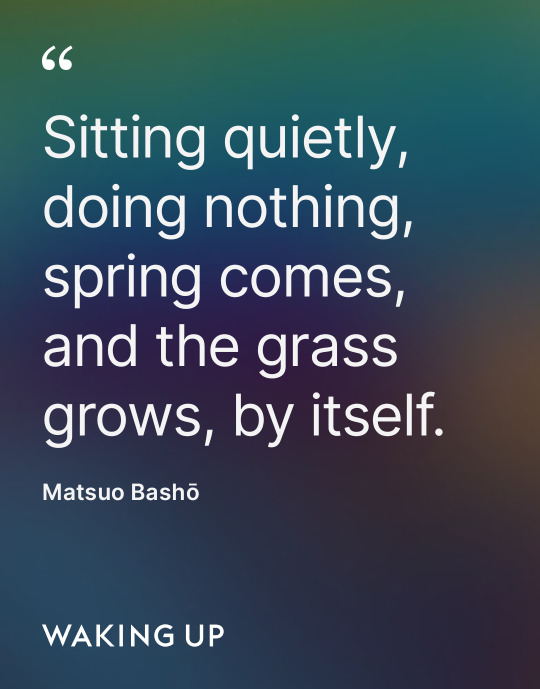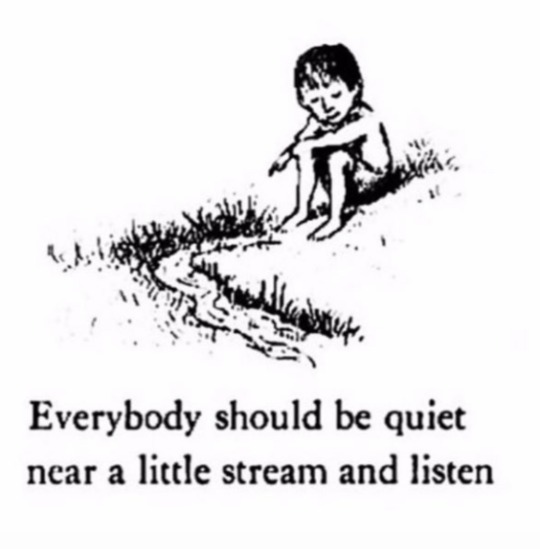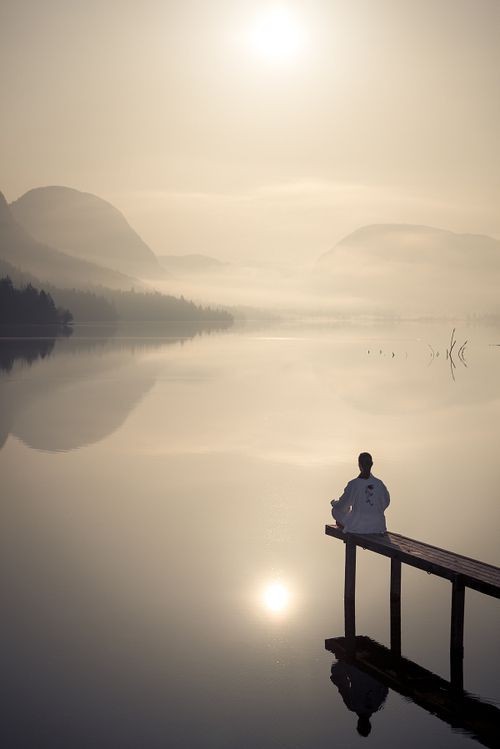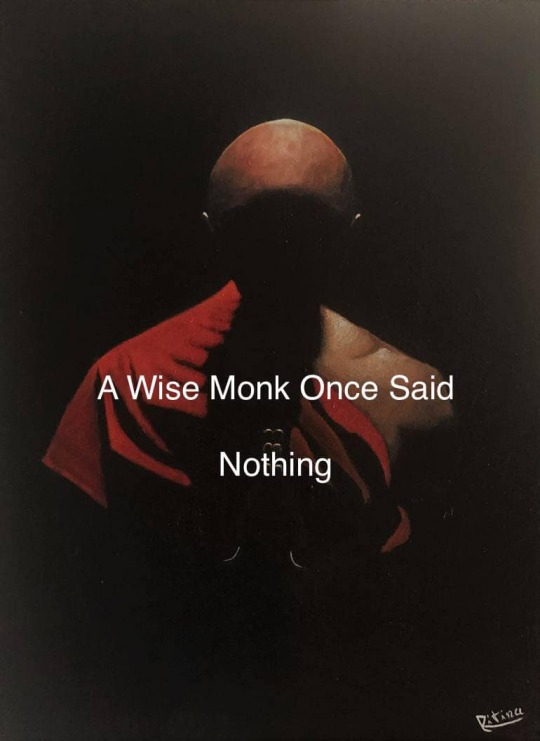Text
One nerd's musing about Chinese religion and "respect"
-I try to stay away from fandom discourse, but, much like how you can smell the stench from a dumpster fire without walking into said dumpster fire, I've noticed something that seemed to come up a lot in western JTTW + adjacent fandoms: "respect Chinese religion".
-Usually as a reason for why you shouldn't ship a character, because of fucking course it's shipping discourse too.
-And my first reaction is "Man, you are taking Chinese religion too darn seriously, more than people who are born and raised in China."
-My second reaction is "I mean, most of us are atheist/agnostic by default anyways, with a good number of what I'd call 'atheist/agnostics with superstitions': people who said they were not religious, yet believed in Fengshui or divinations and burnt incense at temples for good luck."
-My third reaction: "But why do I get the feeling that when you mention 'Respect', you are thinking about something completely different?"
-Then I reread an essay from Anthony C. Yu, "Religion and Literature in China: The "Obscure Way" of Journey to the West", and the metaphorical lightbulb just lit up over my head.
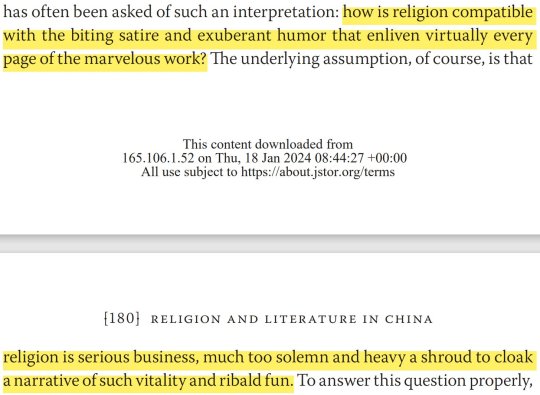

(Everything below applies more to Daoism + associated folk religions, but by the time most classic Chinese vernacular novels were written, the blending of the three religions had become well and truly mainstream.)
(The conception of gods differs from dynasty to dynasty. What I'm describing here is mostly based on Ming and Qing ones; if you went back to Han or pre-Qin times, most of these would not apply.)
(I am one of the "atheist/agnostic by default" people. I just have an interest in this kind of stuff. I am also just one Chinese person, and an actual Daoist/Buddhist/Religion Studies researcher would probably have a lot more valuable information and perspective to offer when it comes to contemporary practices and worship. Like any people on the internet: take my words with a grain of salt.)
-Even in the past, when society was far less secularized, Chinese gods are not omniscient, perfect beings whose worship is a solemn, humorless affair. Some's worship are Serious Business, but that has more to do with the sort of gods they are and the patronage they enjoy, not godhood in and of itself.
-And even the ones that you are supposed to "treat seriously" are still very human. To use an analogy I've used plenty of times before: you respect and fear them in the same way you'd respect and fear an emperor's official, or the emperor himself, because if you don't, you are not gonna like the consequences.
-However, unlike Jesus, the emperor & his officials were capable of being temperamental, flawed, or an outright asshole, divine or not. Ideally, they wouldn't be, and if you were one of the "serious" believers——people who actually got an official permit, became ordained clergy, and went to live in a temple, you were unlikely to think of your gods in that manner.
-But it wasn't a complete, utter impossibility. The lower you go in the pantheon, the closer you get to popular religion, the less "serious" the gods and their worship become. By that, I mean general attitude, not sincerity of faith. You still shouldn't be rude to them, but, well, they are more likely to take a joke in stride, or participate in the "vulgar" pleasures of commoners because they weren't as bound to Confucian moral standards or religious disciplines.
-To stretch the same analogy further: you should still respect your village head, they could still give your ass a good spanking for being a disrespectful brat, but you were not obligated to get on your knees and kowtow to them like you would do in front of a provincial magistrate, the emperor's minister, or the emperor himself, nor did they have the power to chop your head off just because you were rude.
-On the other hand, the emperor would never visit a random peasant just to help them fix their broken plow or treat them to a nice meal, but your village head could, and your relationship would probably be warmer and a lot more personal as a result.
-Your respect for them was more likely to stem from the things they actually did for you and the village as a whole, instead of something owed to this distant, powerful authority you might never get to see in your lifetime, but could change its course with a single stroke of a brush.
-Now exchange "village head" for your run-of-the-mill Tudis and Chenghuangs and friendly neighborhood spirits (because yes, people worshipped yaoguais for the exact same reasons), emperor + his officials for the Celestial Bureaucracy, and you'd have a basic idea of how Chinese religions worked on the ground level.
-This is far from absolute: maybe your village head was a spiteful old bastard who loved bullying his juniors, maybe your regional magistrate was an honest, upright man who could enjoy a good drink and a good laugh, maybe the emperor was a lenient one and wouldn't chop your head off for petty offenses. But their general degree of power over you and the closeness of your relationships still apply.
-Complicating the matter further, some folk gods (like Wutong) were worshipped not because they brought blessings, but because they were the divine equivalent of gangsters running a protection racket: you basically bribed them with offerings so they'd leave you alone and not wreck your shit. Famous people who died violently and were posthumously deified often fell into this category——shockingly enough, Guan Yu used to be one such god!
-Yeah, kinda like how your average guy could become an official through the imperial examinations, so could humans become gods through posthumous worship, or cultivate themselves into immortals and Enlightened beings.
-Some immortals aren't qualified for, or interested in a position in the Celestial Bureaucracy——they are the equivalent of your hermits, your cloistered Daoist priests, your common literati who kept trying and failing the exams. But some do get a job offer and gladly take it.
-Anyways, back to my original point: that's why it's so absurd when people pull the "Respect Chinese Religion1!!1!" card and immediately follow up with "Would you do X to Jesus?"
-Um, there are a lot of things you can do with Chinese gods that I'm pretty sure you can't do with Jesus. Like worshipping him side by side with Buddha and Confucius (Lao Tzu). Or inviting him to possess you and drink copious amount of alcohol (Tang-ki mediums in SEA). Or genderbend him into a woman over the course of several centuries because folks just like that version of Jesus better (Guan Yin/Avalokitesvara).
-But most importantly, Chinese religions are kinda a "free market" where you could pick and choose between gods, based on their vicinity to you and how efficient they were at answering prayers. You respect them because they'll help you out, you aren't an asshole and know your manners, and pissing them off is a bad idea in general, not because they are some omnipotent, perfect beings who demand exclusive and total reverence.
-A lot of the worship was also, well, very "practical" and almost transactional in nature: leave offerings to Great Immortal Hu, and he doesn't steal your imperial seal while you aren't looking. Perform the rites right and meditate on a Thunder General's visage, and you can temporarily channel said deity's power. Get this talisman for your kids at Bixia Yuanjun's temple, and they'll be protected from smallpox.
-"Faith alone" or "Scripture alone" is seldom the reason people worship popular deities. Even the obsession with afterlife wasn't about the eternal destination of your soul, and more about reducing the potential duration of the prison sentence for you and your loved ones so you can move on faster and reincarnate into a better life.
-Also, there isn't a single "canon" of scriptures. Many popular gods don't show up in Daoist literature until much later. Daoist scriptures often came up with their own gigantic pantheons, full of gods no one had heard of prior to said book, or enjoyed no worship in temples whatsoever.
-In the same way famous dead people could become gods via worship, famous fictional characters could, too, become gods of folk religion——FSYY's pantheon was very influential on popular worship, but that doesn't mean you should take the novels as actual scriptures.
-Like, God-Demon novels are to orthodox Daoism/Buddhism what the Divine Comedy is to medieval Christian doctrines, except no priests had actually built a Church of Saint Beatrice, while Daoists did put FSYY characters into their temples. By their very nature, the worship that stemmed from these books is not on the same level of "seriousness" as, say, the Tiantai school of Buddhism and their veneration of the Lotus Sutra.
-At the risk of being guilty of the same insertion of Abrahamic religion where it doesn't belong: You don't cite Dante's Inferno in a theological debate, nor would any self-respecting pastor preach it to churchgoers on a Sunday.
-Similarly, you don't use JTTW or FSYY as your sole evidence for why something is "disrespectful to Chinese religion/tradition" when many practitioners of said religions won't treat them as anything more than fantasy novels.
-In fact, let's use Tripitaka as an example. The historical Xuanzang was an extraordinarily talented, faithful, and determined monk. In JTTW, he was a caricature of a Confucian scholar in a Buddhist kasaya and served the same narrative function as Princess Peach in a Mario game.
-Does the presence of satire alone make JTTW anti-Buddhist, or its religious allegories less poignant? I'd say no. Should you take it as seriously as actual Buddhist sutras, when the book didn't even take itself 100% seriously? Also no.
-To expand further on the idea of "seriousness": even outside of vernacular novels, practitioners are not beholden to a universal set of strict religious laws and taboos.
-Both Daoism and Buddhism had what we called "cloistered" and "non-cloistered" adherents; only the former needed to follow their religious laws and (usually) took a vow of celibacy.
-Certain paths of Daoist cultivation allow for alcohol and sexual activities (thanks @ruibaozha for the info), and some immortals, like Lv Dongbin, had a well-established "playboy" reputation in folklore.
-Though it was rarer for Buddhism and very misunderstood, esoteric variants of it did utilize sexual imageries and sex. And, again, most of the above would not apply if you weren't among the cloistered and ordained clergy.
-Furthermore, not even the worship of gods is mandatory! You could just be a Daoist who was really into internal alchemy, cultivating your body and mind in order to prolong your lifespan and, ideally, attain immortality.
-This idea of "respect" as…for a lack of better words, No Fun & R18 Stuff Allowed, you must treat all divinity with fearful reverence and put yourself completely at their mercy, is NOT the norm in Chinese religious traditions.
-There are different degrees and types of respect, and not every god is supposed to be treated like the Supreme Heavenly Emperor himself during an imperial ceremony; the gods are capable of cracking a joke, and so are we!
TL;DR: Religions are complicated, and you aren't respecting Chinese religions by acting like a stereotypical Puritan over popular Chinese deities and their fictional portrayals.
273 notes
·
View notes
Text
To give birth, to nourish,
to bear and not to own,
to act and not lay claim,
to lead and not to rule:
this is mysterious power.
--Lao Tzu, Tao Te Ching, trans. Ursula K. Le Guin
286 notes
·
View notes
Text
Wu Wei (Serene Acceptance)
Wu Wei (Serene Acceptance of events). Short film about 6 minutes.
https://wp.me/pFy3u-8FO
Wu Wei is a key concept within Daoism — and refers to a serene acceptance of events. It’s a wisdom we’re very uninclined to remember in our own times.
Wu Wei. About 6 minutes.
youtube
View On WordPress
4 notes
·
View notes
Photo
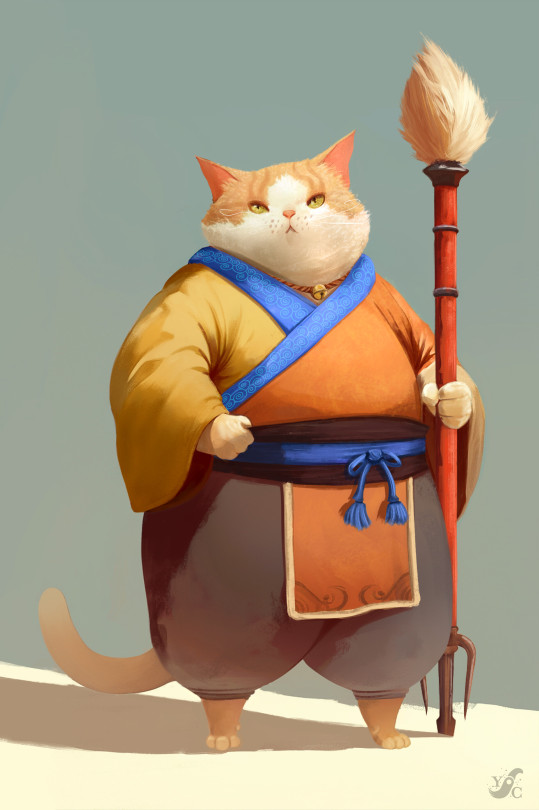
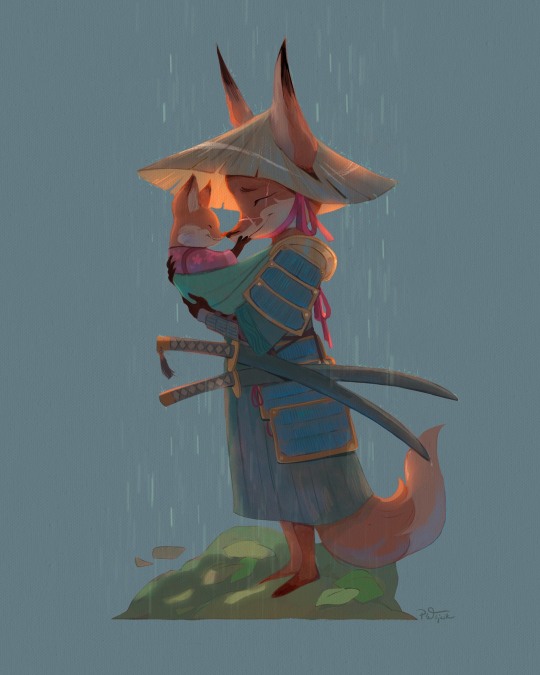
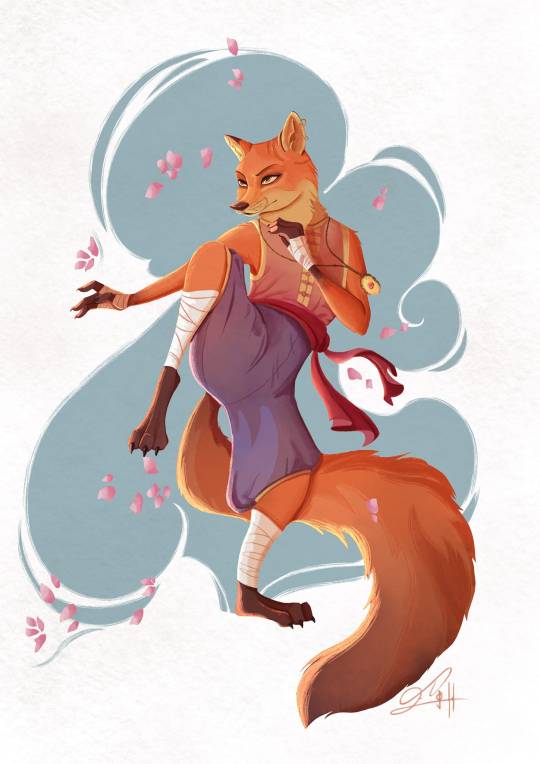
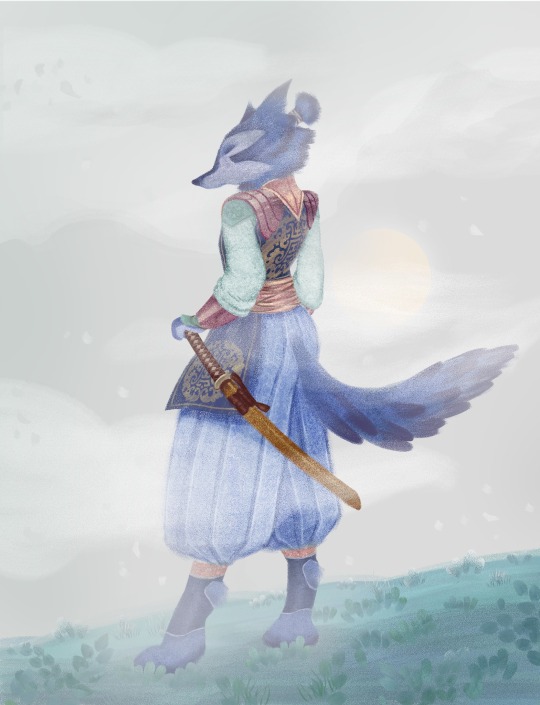

Animal Wuxia Hero - Character Design Challenge by selected artists: Yoann Cauhepe, Patrycja Wójcik, Alessia Autiero, Léna Capelier, Roma Brushin
953 notes
·
View notes
Text
My senses are idle.
The spirit
Free to work without plan
Follows its own instinct.
— Chuang Tzu
17 notes
·
View notes
